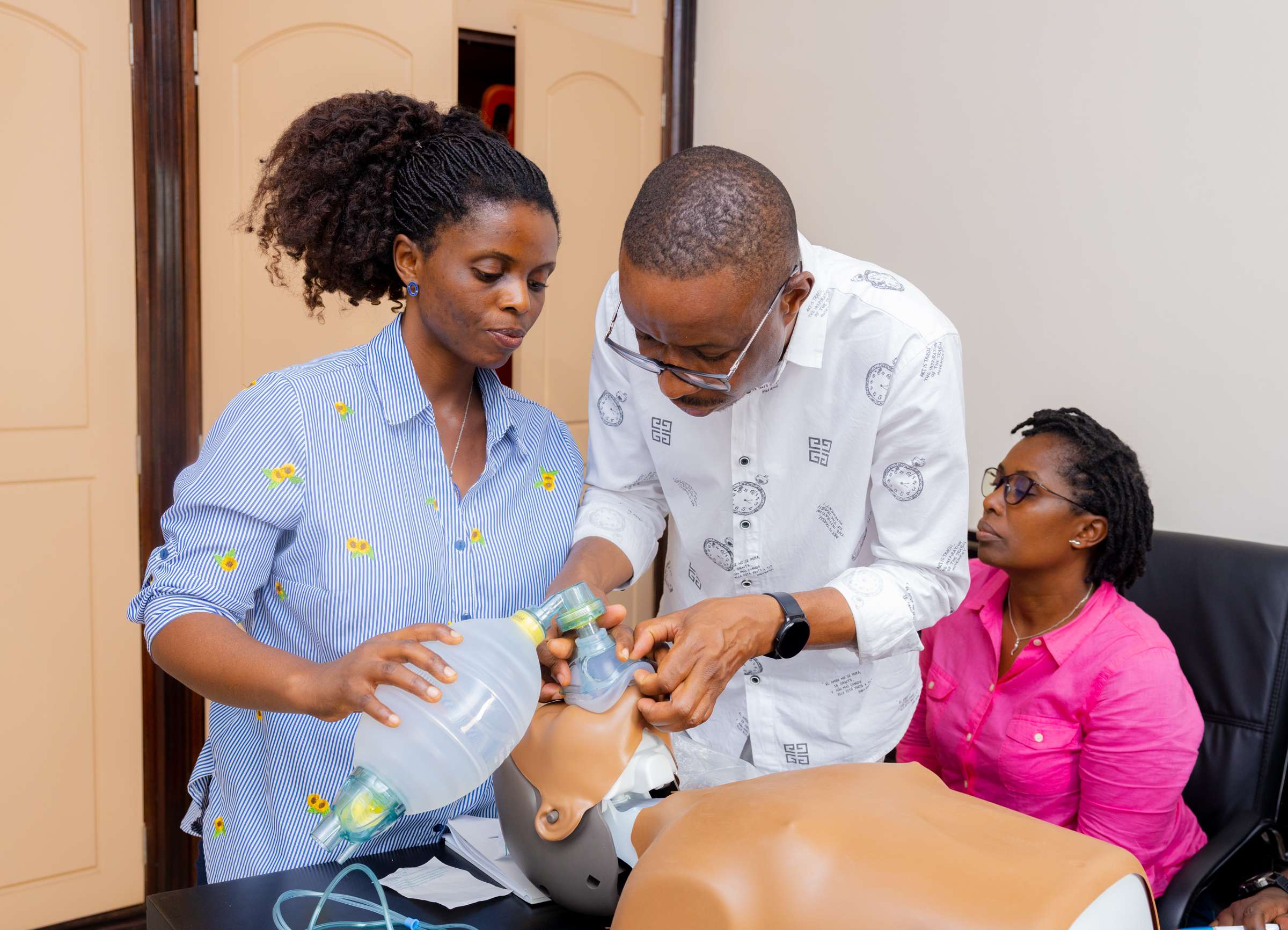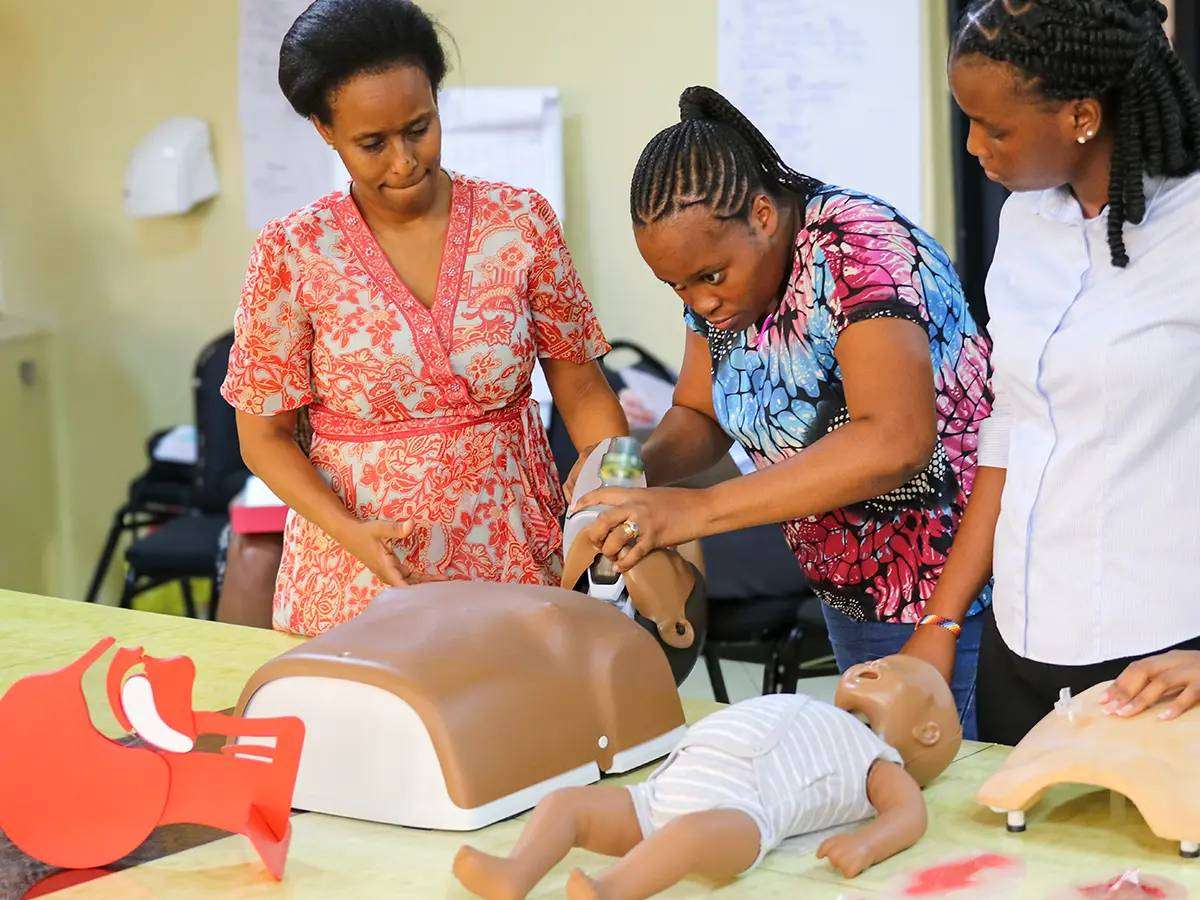Strengthening Acute Care Systems
Strengthening Acute Care Systems in low-resource settings
Helping save lives during time-critical emergencies
In low- and middle-income countries, half of deaths and a third of disabilities can be addressed by emergency care. But in places with limited resources, first-contact health workers lack access to quality training. This can result in failure to identify the urgency of time-critical emergencies, provide effective treatment, and make timely referrals. Most importantly, it results in the unnecessary loss of life. Improving training for healthcare providers strengthens acute care systems in low-resource settings and can reduce these preventable deaths.
Preventable with quality emergency care
Improving training for healthcare providers strengthens acute care systems in low-resource settings and will reduce these preventable deaths and disabilities.
Working with WHO to improve access to Basic Emergency Care training
The World Health Organization's Basic Emergency Care (BEC) program was developed to address these preventable deaths. To improve the program's scalability and affordability, Laerdal collaborated with the WHO to create a condensed, yet comprehensive training program that optimizes learning while reducing both training time and costs.
The hybrid program includes e-learning modules, redesigned simulation training tools for hands-on training, and a portable Emergency Care Learning Lab to enable ongoing refresher trainings at healthcare facilities.
This Learning Lab is distributed on a not-for-profit basis, making it affordable for low and middle income countries, with an estimated 90% cost reduction compared to comparable equipment.
Advancing acute care through collaboration: A global alliance
Supported by the Laerdal Foundation and the American Heart Association, the WHO launched the Acute Care Action Network (ACAN), a global alliance of key stakeholders dedicated to improving acute care delivery in low-resource settings by implementing WHO’s tools, resources, and developing best practices together. This coalition aims to strategically address high burden conditions including injury, sepsis, non-communicable diseases, and maternal and neonatal childbirth complications with a commitment to saving millions of lives.
The Acute Care Action Network will bring proven interventions to scale - together. A key priority is to scale up the Basic Emergency Care program.
Recommended reading

Emergency Care Learning Lab
A comprehensive kit for training in basic emergency care for adults and children, including WHO’s Basic Emergency Care Program and Community First Aid Program.

